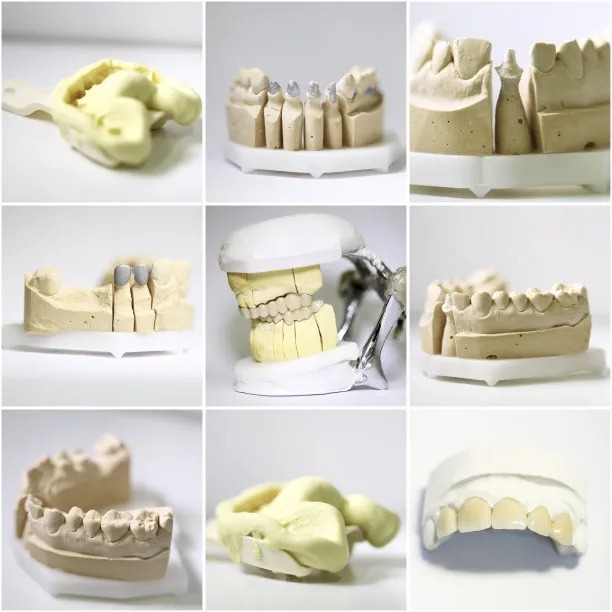Essential Precautions Every Patient Should Know Before Undergoing Root Canal Treatment for Optimal Outcomes and Safety
Summary: Root canal treatment is a common dental procedure that can save a tooth suffering from infection or decay. However, to ensure optimal outcomes and safety, patients must be informed about essential precautions prior to undergoing the procedure. This article outlines four critical aspects: selecting the right dentist, preparing emotionally and physically, understanding the procedure, and post-treatment care. Each section provides insights and recommendations for patients to lessen anxiety, increase the likelihood of success, and promote recovery. By taking these precautions seriously, patients can contribute to a smoother process and a more positive overall experience during and after their root canal treatment.
1. Select the Right Dentist for the Procedure

Choosing a qualified and experienced dentist is one of the most crucial steps before undergoing a root canal treatment. Patients should conduct thorough research to find a specialist, such as an endodontist, who has the required skills and training to perform the procedure. Inquiring about the dentists qualifications, experience, and success rates can offer reassurance regarding the treatment.
Moreover, it’s essential to read reviews and seek recommendations from friends or family. This can provide valuable insights into the dentists approach, techniques, and patient satisfaction. A trustworthy dental professional will take the time to address questions and concerns, helping to alleviate any anxiety patients may have regarding the procedure.
Additionally, visiting the dental office beforehand can aid in assessing its cleanliness and the overall ambiance. A welcoming environment can significantly enhance a patients comfort level, helping to foster confidence in the care they will receive.
2. Prepare Emotionally and Physically Before Treatment
Managing emotional well-being is as vital as physical preparation prior to a root canal. Patients should recognize their feelings about the procedure and discuss them openly with the dentist. This conversation can help the dentist address specific fears and provide coping strategies to manage anxiety effectively.
Physical health is another critical aspect of preparation. Patients should ensure they are well-rested and hydrated on the day of the appointment. Getting adequate sleep can enhance the body’s ability to handle the procedure, while proper hydration can help with sedation methods if used during the treatment.
Dietary considerations are also important. Patients are often advised to avoid heavy or greasy foods prior to treatment, as these can cause discomfort, especially if anesthesia is administered. Eating a light meal before the appointment can enhance comfort levels during the treatment.
3. Understand the Procedure Thoroughly
Understanding what a root canal entails can significantly reduce anxiety. Patients should familiarize themselves with the steps involved, such as the anesthetic administration, cleaning of the infected area, and sealing of the tooth. Knowledge about each phase of the procedure allows for better preparation and management of expectations.
Its also prudent to clarify any doubts with the dentist. Asking detailed questions about the procedure can provide assurance and prevent misunderstandings. Knowing how long the process will take and what sensations to expect can help patients feel more in control.
Additionally, patients should inquire about pain management strategies that the dentist may offer during and after the procedure. Understanding the methods employed for effective pain control can further alleviate fears associated with discomfort during treatment.
4. Follow Post-Treatment Care Instructions
Post-treatment care plays a vital role in ensuring a smooth recovery after a root canal. Patients should adhere strictly to the dentists instructions, which may include dietary restrictions, activity limitations, and medication schedules. Following these guidelines can significantly reduce the risk of complications.
Moreover, patients should monitor their recovery closely. Any unusual symptoms, such as excessive pain, swelling, or signs of infection, should be reported to the dentist promptly. Early intervention can prevent further issues and ensure optimal healing.
Finally, scheduling follow-up appointments is essential for the long-term health of the treated tooth. Regular check-ups enable the dentist to assess the success of the treatment and address any concerns that may arise over time, ensuring the tooth remains functional and healthy.
Summary:
By understanding the essential precautions outlined in this article, patients can significantly enhance the outcomes and safety of their root canal treatment. From selecting the right dentist to following post-treatment care instructions, these preparations foster a positive experience and promote recovery. Knowledge is key to alleviating anxiety and ensuring a successful procedure.
This article is compiled by Vickong Dental and the content is for reference only.



